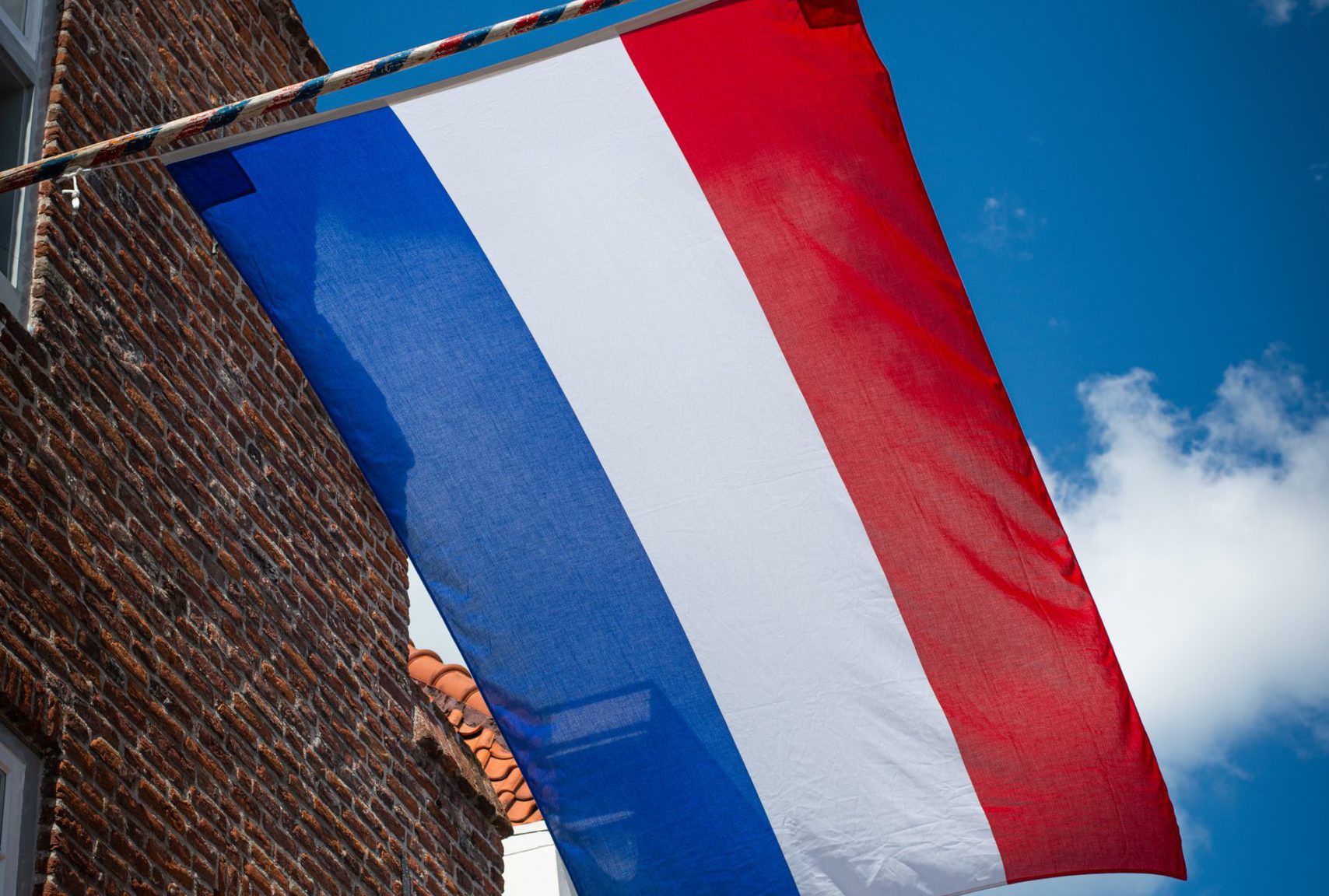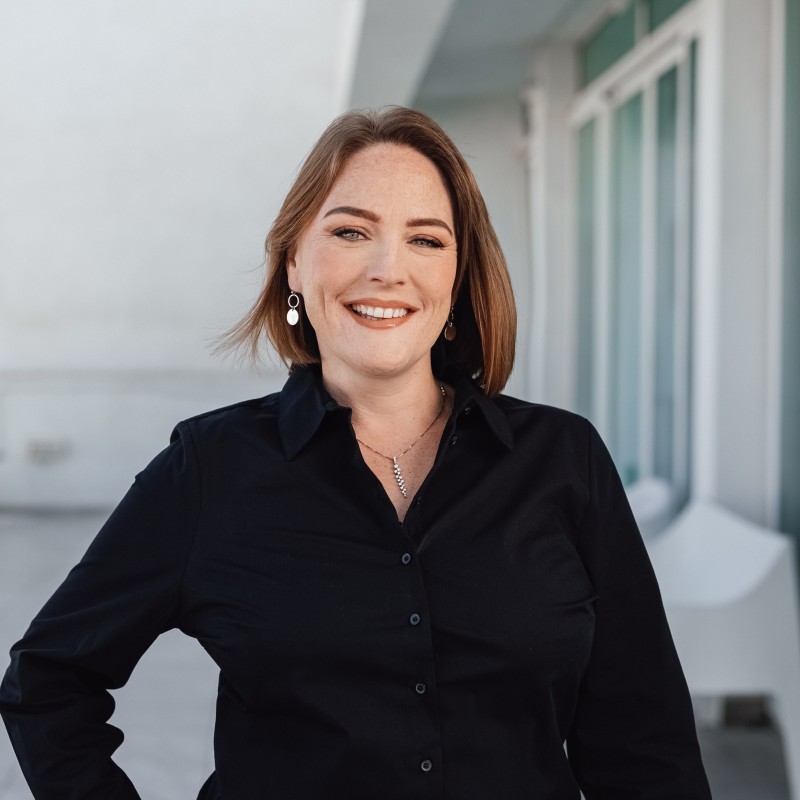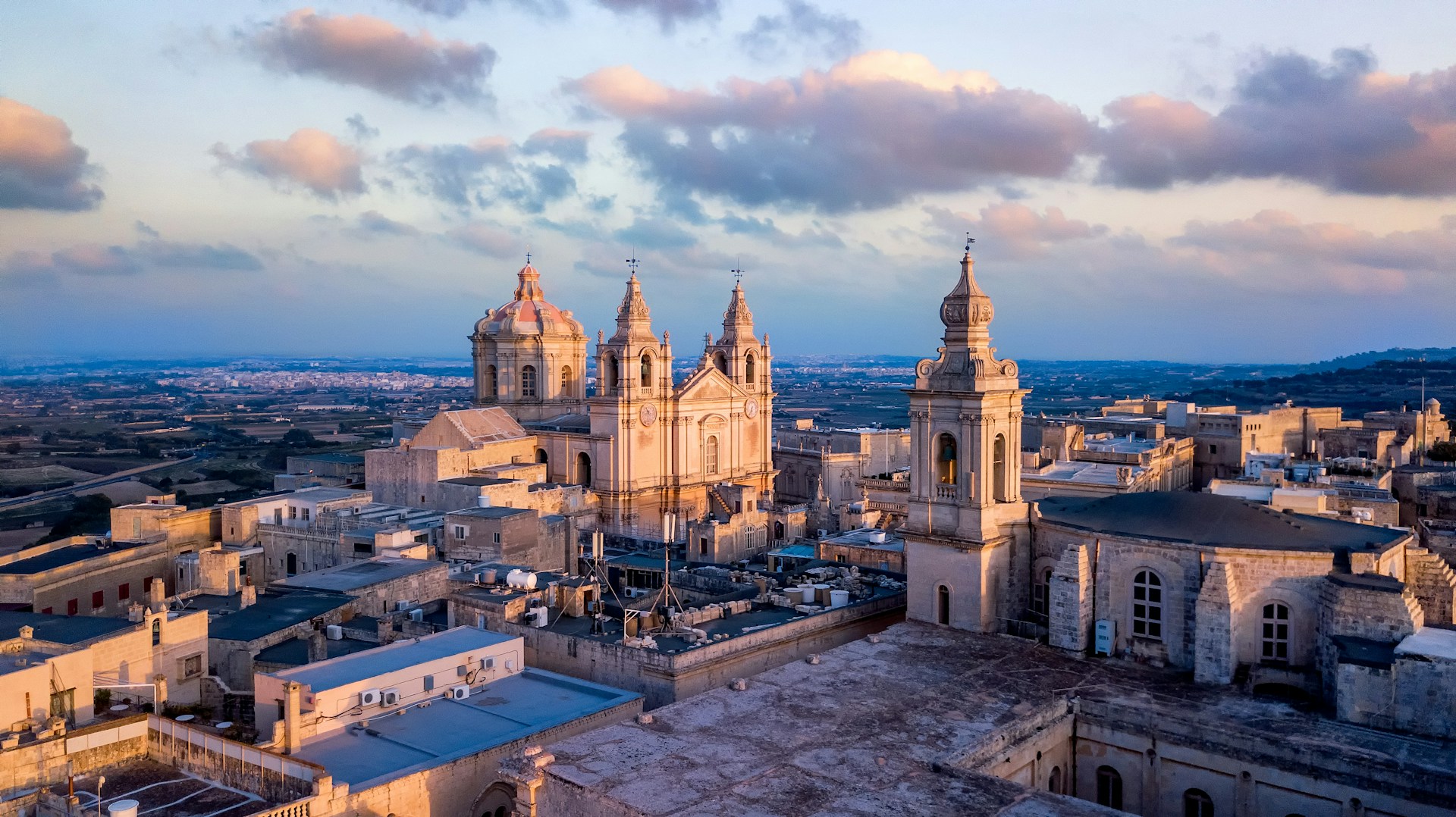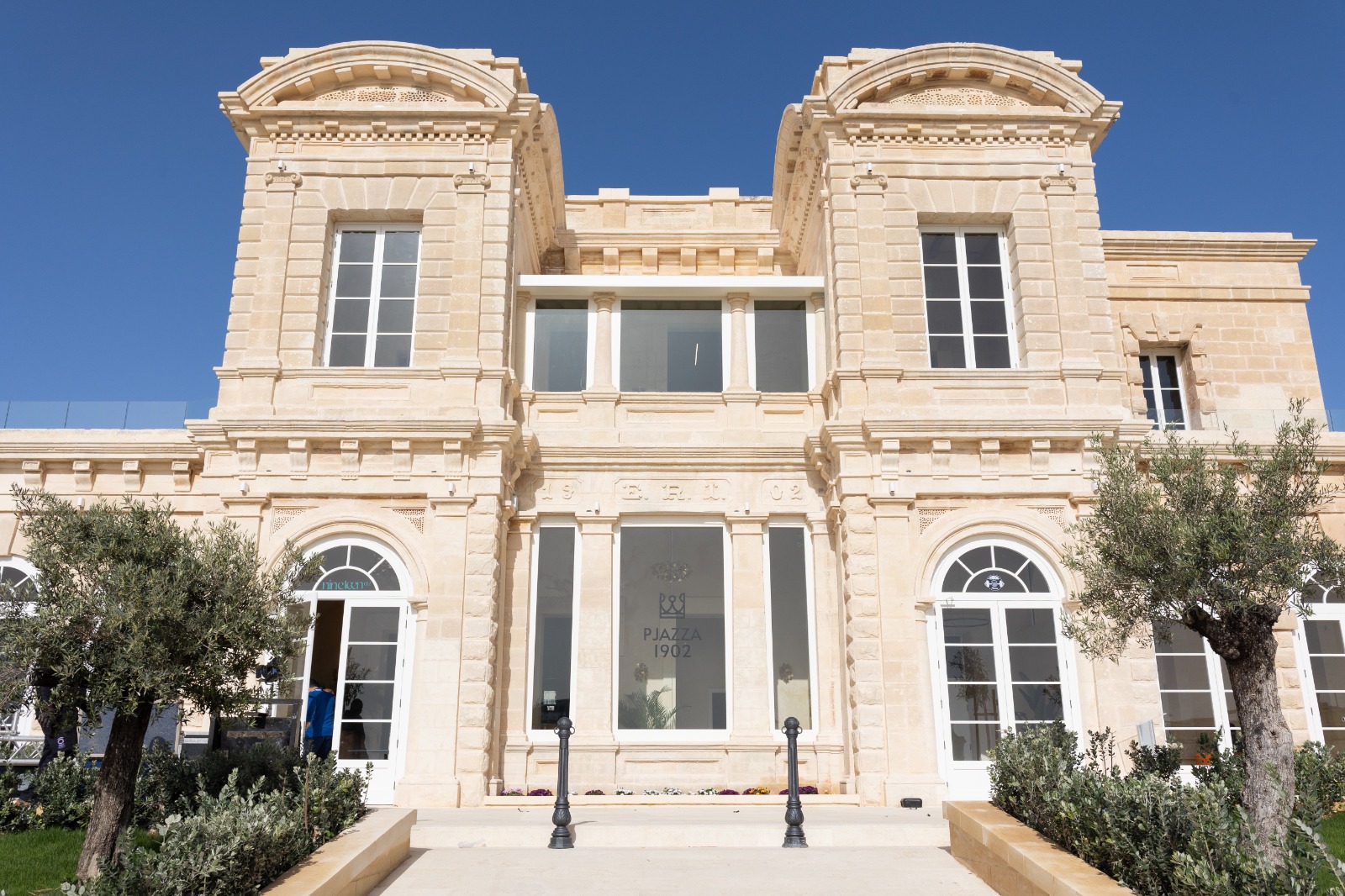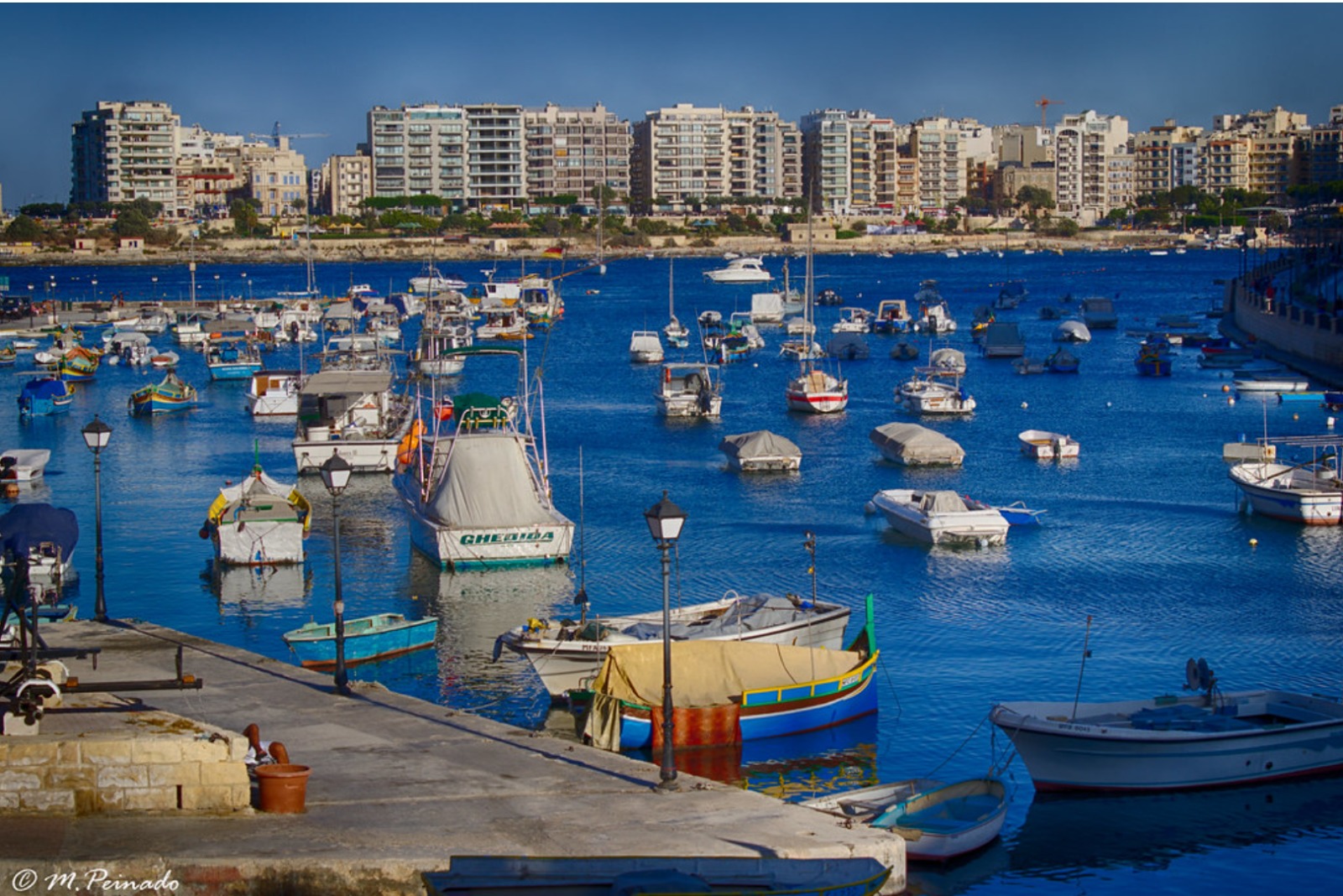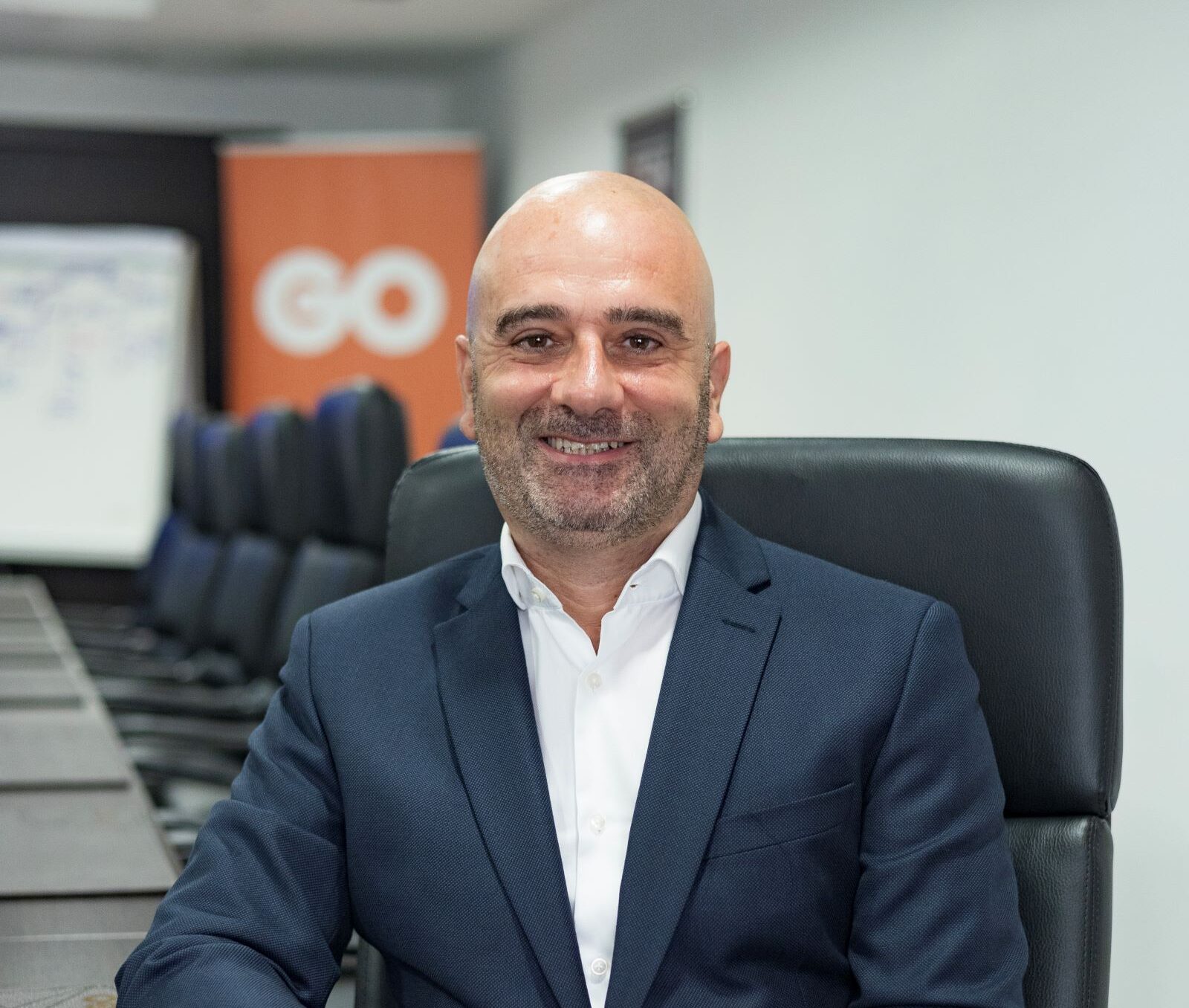A Dutch court is the latest to rule in favour of consumers of online gambling products who are looking to recoup losses incurred before iGaming was regulated in their home jurisdiction.
This latest case sees Kindred Group-owned Unibet, as well as an undisclosed operator, ordered to refund money to players who incurred such losses before the Netherlands introduced regulation for online gambling, in October 2021.
First reported by website casinozorgplicht.nl, Unibet has been ordered to reimburse €93,000 while another operator was ordered to repay €124,000.
With respect to the case of Kindred Group, a Dutch court, the Court of Northern Netherlands in Groningen, ruled in favour of the player, arguing that since the commercial contract between the company and the player was made at a time when online gambling was not regulated in the Netherlands, it was therefore invalid due to the illegality of the offering to begin with.
Kindred has also been fined in the past by the Dutch gambling authority, the KSA, to the tune of €470,000 via its subsidiary Trannel International Limited. The fine was levied because the company was offering iGaming products to Dutch consumers in the second half of 2018.
In the latest court case, iGaming Next reports that neither Kindred nor the undisclosed operator responded to the court summons or provided any form of defence. The courts therefore came to a ruling in their absence. A spokesperson then confirmed to iGaming Next that the company has now exercised its right to submit a “substantive defence” and that the matter is now before the courts.
Where does Bill 55 fit in?
Malta’s controversial Bill 55, which is now law, serves to protect Malta Gaming Authority licensed operators, such as Kindred Group, from foreign judgements in the case where activities carried out fall squarely within the company’s licensing conditions.
Malta’s licensing framework was built on the strength of its status as a point of supply licence, where licensed operators were able to offer their services across Europe and beyond on the strength of the MGA licence. From a European perspective, the licensing framework leveraged EU free movement of services principles, up until Member States began to introduce their own laws and licensing requirements.
Court judgements from Germany, using the same argument as this latest Dutch case, as well as Austrian courts, with the country currently operating a defacto monopoly for online gambling and with no formal avenue for other operators to enter the market, have all found in favour of players looking to recoup losses while using the online gambling operators’ services on the claim that the commercial contracts were not valid in the first place.
Maltese courts are now empowered to reject the recognition of such foreign judgements through Bill 55, which is now up for review before the European Commission. The Commission will assess whether Bill 55 runs contrary to the EU’s rule of law, particularly of principles relating to mutual recognition and cooperation.
Continue Reading
Pjazza 1902: New hotspot blends community engagement and B2B offerings
The entertainment hub, which has recently opened in Pembroke after a lengthy period of meticulous restoration, serves up a gamut of dining, fitness, business and leisure opportunities
Gavin Isaacs steps down as Games Global chairman to take on new role as Entain CEO
His appointment comes into effect from September 2024, and will see him remain on the board of Games Global as an independent non-executive director
Third-largest cryptocurrency exchange OKX selects Malta as its MiCA hub
Under the MiCA framework, OKX plans to offer spot trading (including EUR and USDC pairs) in addition to buy, sell, convert and staking services to qualified EU residents through Okcoin Europe Ltd
GO’s Enterprise Solutions geared to deliver end-to-end business technology
The telecoms firm prioritises holistic and scalable solutions for its corporate clients, says Arthur Azzopardi, Chief Officer at GO Business.


